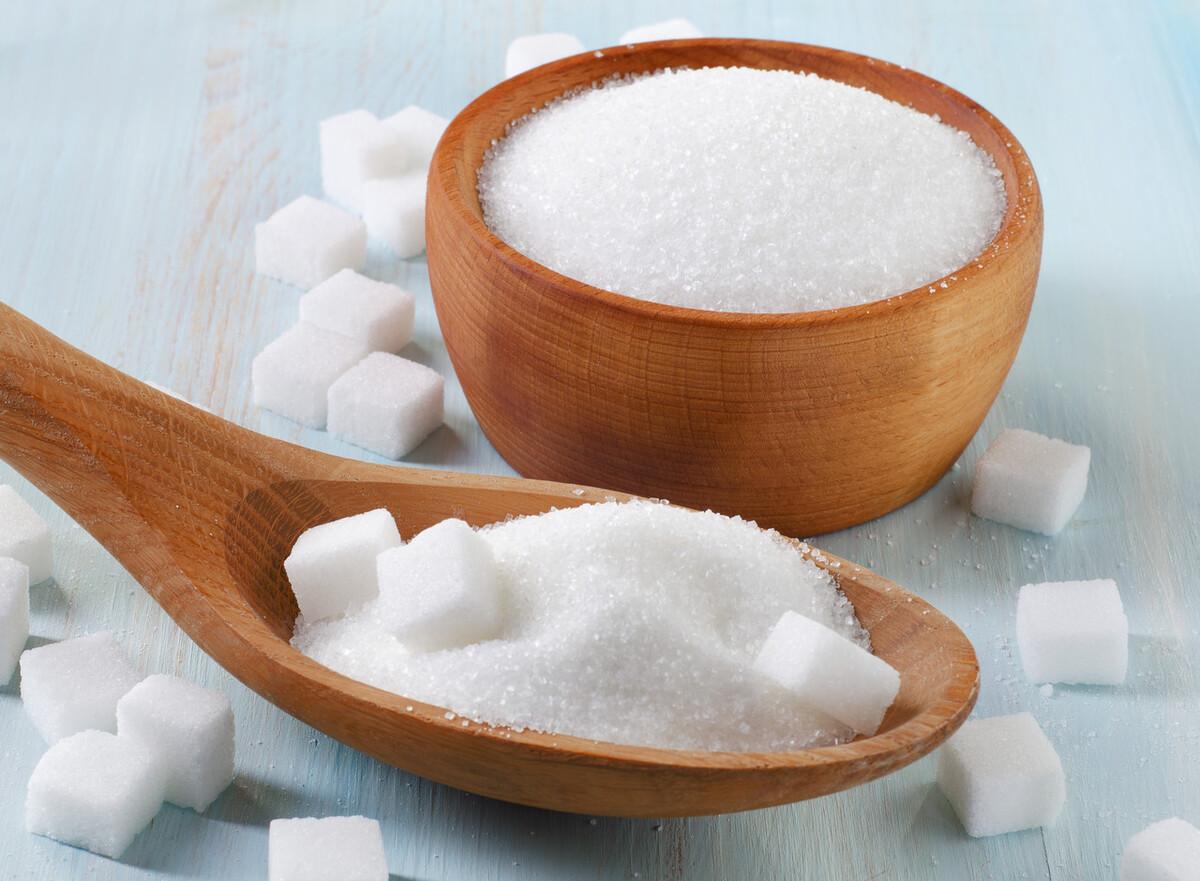In recent years, with the popularity of light life, drinks have also begun to be "sugar-free", but sugar-free drinks are not really sugary, since there is no sugar, why drink sweet!
Sugar-free is not really no sugar
Sugar-free foods ≠ contain no sugar
According to the regulations, "sugar-free or sugar-free" means that the sugar content per 100 grams or 100 ml of solid or liquid food is less than 0.5 grams, and if the sugar content is less than 5 grams, it can be declared "low sugar".

From a scientific point of view, absolute sugar-free foods do not exist. Because the raw material comes with sugar, it can only be done unless the raw material is water or specially formulated food.
According to international practice, sugar-free foods must contain substitutes corresponding to sugar, generally using sugar alcohols or other synthetic sweeteners. For example, cookies with sugar alcohol can be called sugar-free foods, while light biscuits that do not add sugar at all and do not have any sweetness cannot be called sugar-free foods.
What sugar is added to sugar-free drinks
Mainly sweeteners
The main characteristics of sweeteners are that they have a sweet taste, low energy, and are not converted into glucose in the body, so they do not raise blood sugar, or have no significant effect on blood sugar values.
At present, the sweeteners used in sugar-free foods can be divided into artificial sugar substitutes, natural sugar substitutes and sugar alcohols.
Synthetic sweeteners have high sweetness and low price, in addition to not generating calories, they will not increase the glycemic index, but most artificial sweeteners have a bitter taste or a metallic aftertaste, at the same time, artificial sweeteners also have some safety risks, eating too much may diarrhea, destroy intestinal flora, make appetite greatly increased, etc. Common ones are acesulfame potassium, cyclamate, aspartame, saccharin, sucralose and so on.
Natural sugar substitutes are mainly extracted from plants, such as steviol glycosides, glycyrrhizins, monk fruit glycosides, leaf sweeteners, etc., generally with plant names. The safety is relatively good compared to artificial synthesis, and it does not increase sugar and does not produce calories.
Sugar alcohol is a widely used sweetener, common ones are xylitol, erythritol, sorbitol and so on. The structure of the sugar alcohol is difficult for the body to absorb, almost does not raise the glycemic index, and the sweetness is similar to that of sucrose.
Are sugar-free drinks really healthy?
The beverage industry has a long history of using artificial sweeteners, and the early use of more saccharin, cyclamate, aspartame, sucralose, acesulfame potassium and so on. These sweeteners are synthetic chemicals that contain no sugar but no nutritional value.
The safety and health effects of these artificial sweeteners have been controversial, but governments have approved them as legal food additives. Moreover, because the sweetness of artificial sweeteners is much higher than that of sugar, its content in beverages is very low. "Talking about toxicity without dose is a hooligan", so we can roughly think that as long as you don't drink several tons of sugar-free drinks every day, you don't have to worry about these sweeteners causing harm to the human body.
In recent years, natural sweeteners have come to the fore, and there is a trend to replace artificial sweeteners. Erythritol and steviol glycosides are representatives of them. Many of the new bottled beverages opt for erythritol.
Many people's criticism of sweeteners is not in its own safety, but in that its "sweet" sense deceives the brain — the brain receives the sweet signal but does not consume sugar, which leads to an increased craving for real sugar.
This statement makes sense in theory, but people are rational after all, even if the brain craves sugar, as long as you insist on not ingesting it, there is no problem. As for whether you can bear it, I can only say that it varies from person to person. The only thing that needs to be reminded again is that staple foods, pastries, and snacks are also sugar. It's not enough not to drink sugary drinks, these things should also be eaten less.